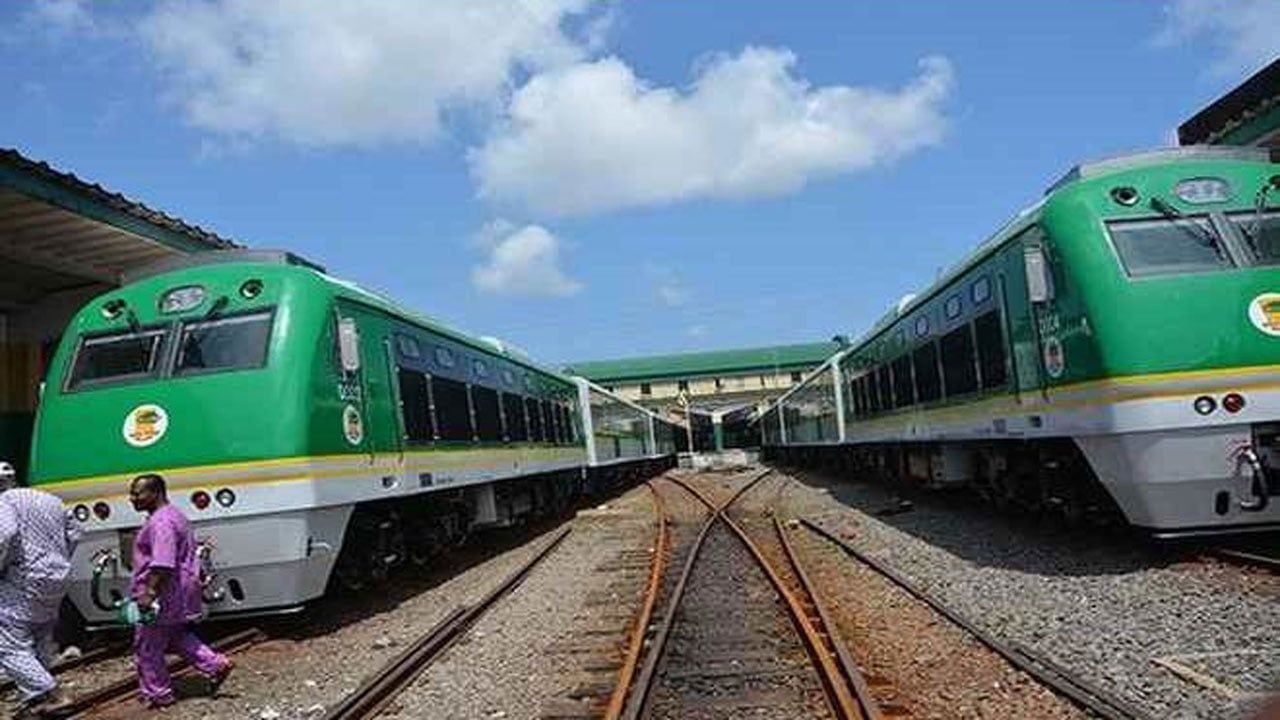
Corporation completes safety checks, pledges improved maintenance after August derailment blamed on faulty switch and poor repairs
The Nigerian Railway Corporation (NRC) has announced that passenger train services on the Abuja–Kaduna corridor will resume operations next week, following the successful completion of repair works on the damaged section of track at Asham.
In a statement issued on Saturday by the NRC’s Chief Public Relations Officer, Callistus Unyimadu, the corporation confirmed that infrastructure and rolling stock have now been fully restored and certified safe, following a comprehensive round of safety checks.
The Abuja–Kaduna train service was suspended after a derailment occurred on August 26, 2025, shortly after departure from the Abuja station. The incident marked the second derailment in just over a year at the same location, sparking widespread concern about the safety of the route.
While the NRC has not provided a specific date for the resumption, it assured the public that the official schedule will be released “in the coming days.”
“We appreciate the patience and understanding of our esteemed passengers during this period. Their safety, comfort, and satisfaction remain our top priority,” the statement read.
As part of its passenger care commitments, the NRC disclosed that 512 out of 583 passengers onboard the ill-fated train have already received full refunds. The corporation says efforts are ongoing to reach the remaining passengers and ensure that no one is left out.
The NRC also thanked the Federal Ministry of Transportation, security agencies, media organizations, and other stakeholders for their support during the recovery process.
A preliminary investigation by the Nigerian Safety Investigation Bureau (NSIB), released on September 24, revealed that the derailment was caused by poor maintenance practices and a faulty track switch at the station.
Investigators found that:
- Several rail sleepers damaged in an earlier incident were only patched, not fully repaired.
- The automatic switch mechanism at the crossing point was non-functional and had to be manually operated.
- A point clip used to secure the switch was later found to be broken, causing a misalignment that led to the derailment.
In addition, the report flagged serious concerns about staff training and equipment readiness. According to the NSIB, NRC personnel had only received initial training, with no structured refresher programs, raising red flags about long-term operational safety.
The bureau also noted that essential maintenance tools and spare parts from the Original Equipment Manufacturer (OEM) were largely unavailable at the time of the incident.
Speaking during a televised interview a day after the derailment, NRC Managing Director Kayode Opeifa accepted full responsibility for the incident, confirming that four passengers sustained serious injuries in the derailment.
“We take full responsibility. The safety of our passengers is paramount, and we are taking every necessary step to prevent a recurrence,” Opeifa stated.
Background
The August 26 derailment reignited public concern over the safety of Nigeria’s rail transport, especially on the Abuja–Kaduna route, which has previously faced attacks and operational setbacks.
This latest incident marks the second derailment at the same station in just 13 months, with critics pointing to systemic issues in track maintenance, personnel training, and infrastructure investment.


